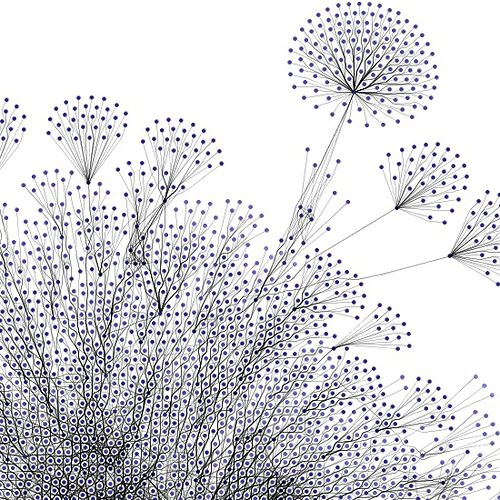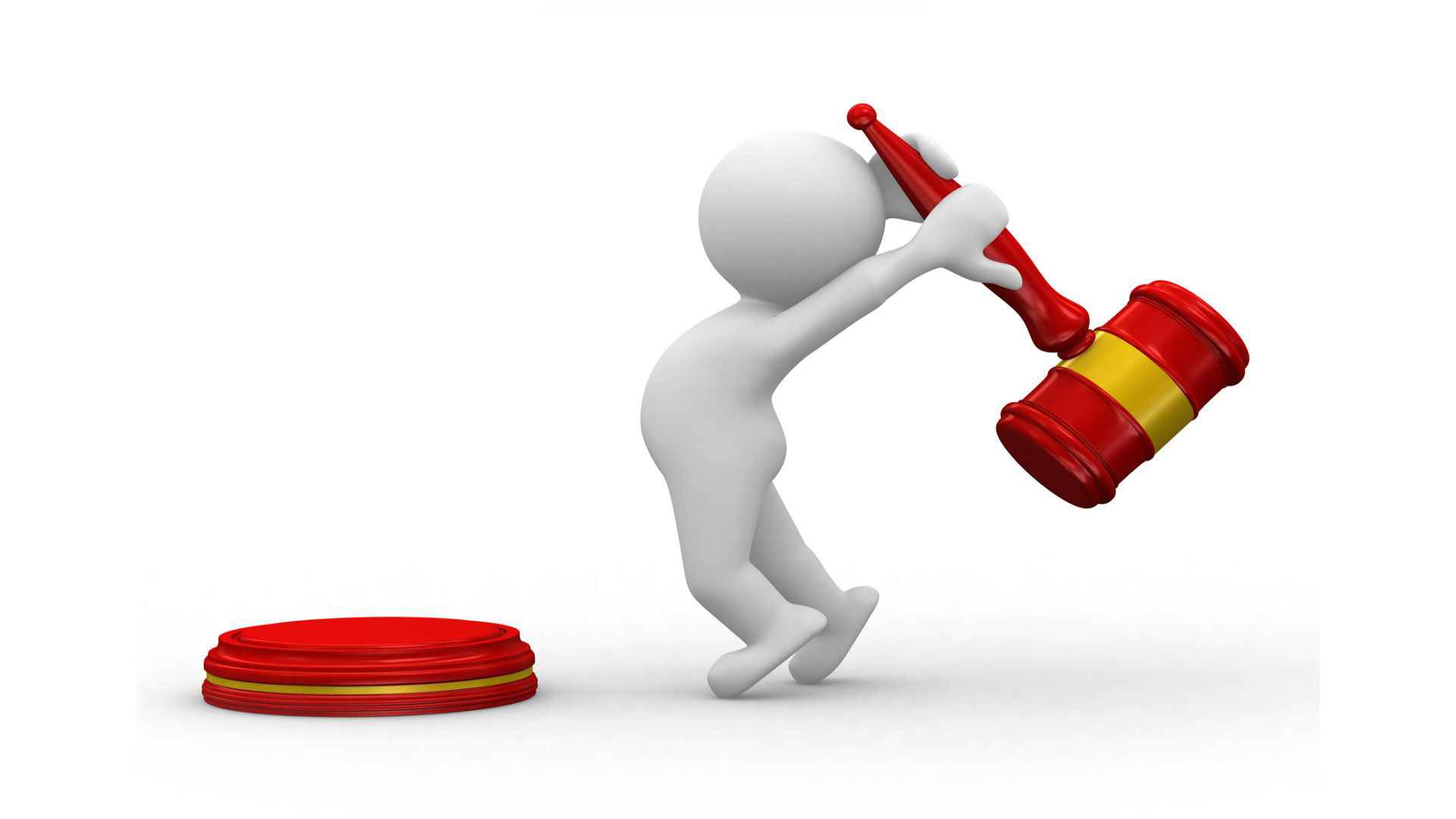A Quick Judgment Reality Check: 2 Questions & 3 Fast Facts
Let’s do a quick reality check in the form of two questions:
- Mentally jot down one aspect of your life that you’re worried others judging you about. (Physical appearance? Certain unwanted habits? Your status with work?)
- Now ask yourself this: In the last month/6 months/12 months, how many times has someone BESIDES YOURSELF explicitly judged you specifically for those particular things?
I ask these questions today with curiosity and sincerity. Judgment’s been on my mind since a local magazine writer contacted me to ask about parent shaming for an article she’s writing. (I’ll post a link when the article comes out!)
So often, articles about shame, guilt, and judgment focus on people besides ourselves giving us a hard time. And this does happen. In unhealthy families and friendships and in abusive relationships, we can get torn down and made to feel unworthy for who we are and our choices. And when we go against cultural norms because of values, beliefs, or life circumstances, it can feel like we’re swimming upstream and alone.
But most of the time WE are our worst enemies when it comes to judgment and guilt. Here’s how:
- We compare ourselves to the curated versions of other people that they showcase online – without accounting for the fact that social media profiles reflect only a very partial reality.
- We compare ourselves to an ideal version of ourselves – and usually our benchmarks for that ideal self keep moving, meaning we never feel okay just as we are. We “should” be doing more. Right?
- We have unrealistic expectations of ourselves. We cannot do everything. We cannot be everything to everyone.
- We spend time around people (and websites or blogs) that add to our already-existing worry about not being enough.
- We believe our worst moments mean something big and absolute about us.
It’s natural to compare ourselves to others, and sometimes it’s useful. But if you find that your mind is full of anxiety, guilt and fear of judgment, it may be worth checking yourself to see where the judgment is actually coming from. You don’t need to beat yourself up. But you can see clearly – and seeing clearly is the first step to knowing what you may want to do differently.






 It was as bizarre and shocking and smart of a question as I’d ever heard. “Can you help this be more complicated?” the therapist asked. She was giving guidance to another therapist, a fellow workshop participant, about a client.
It was as bizarre and shocking and smart of a question as I’d ever heard. “Can you help this be more complicated?” the therapist asked. She was giving guidance to another therapist, a fellow workshop participant, about a client. 


 “I know you’ll judge me for this, but…” my client starts. She tells me what’s happened the previous week, and I keep waiting for the moment in which I will feel like condemning her to the ends of the earth. But… that moment never comes.
“I know you’ll judge me for this, but…” my client starts. She tells me what’s happened the previous week, and I keep waiting for the moment in which I will feel like condemning her to the ends of the earth. But… that moment never comes.
